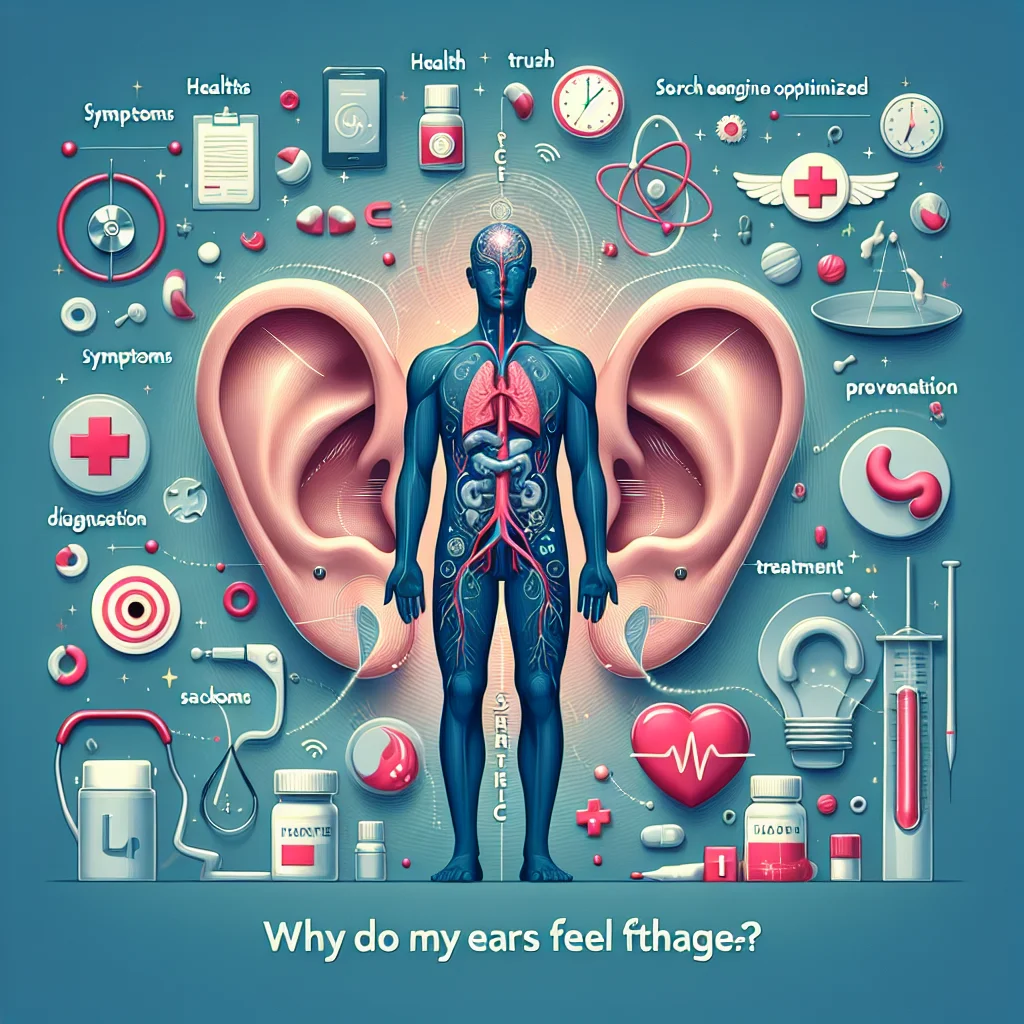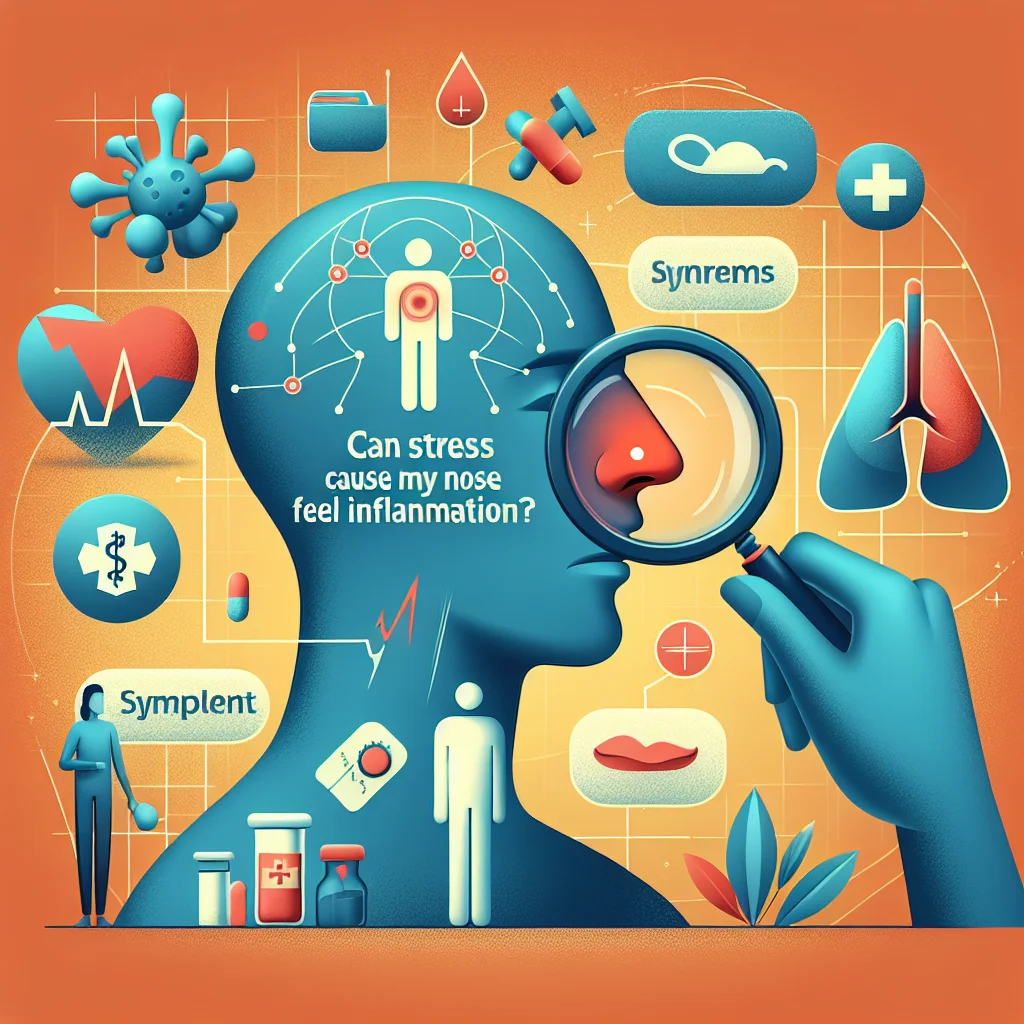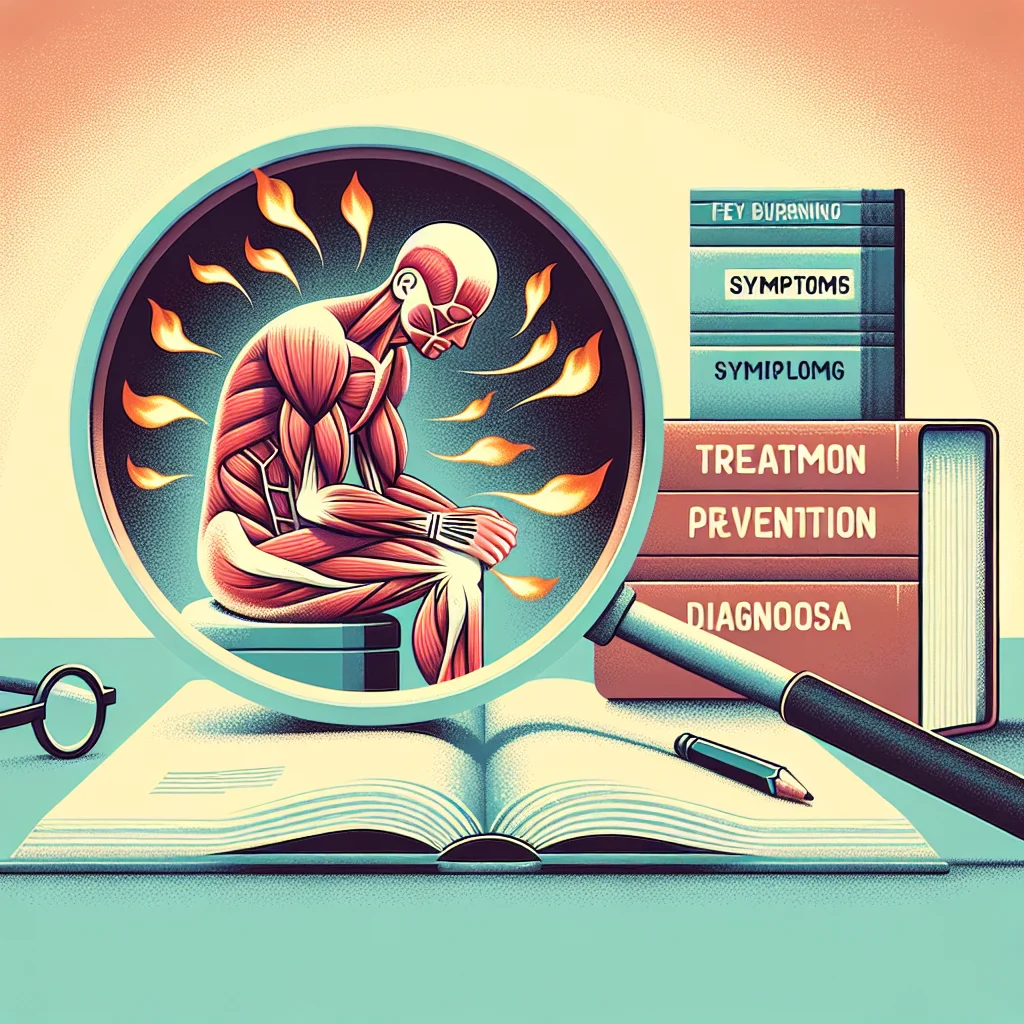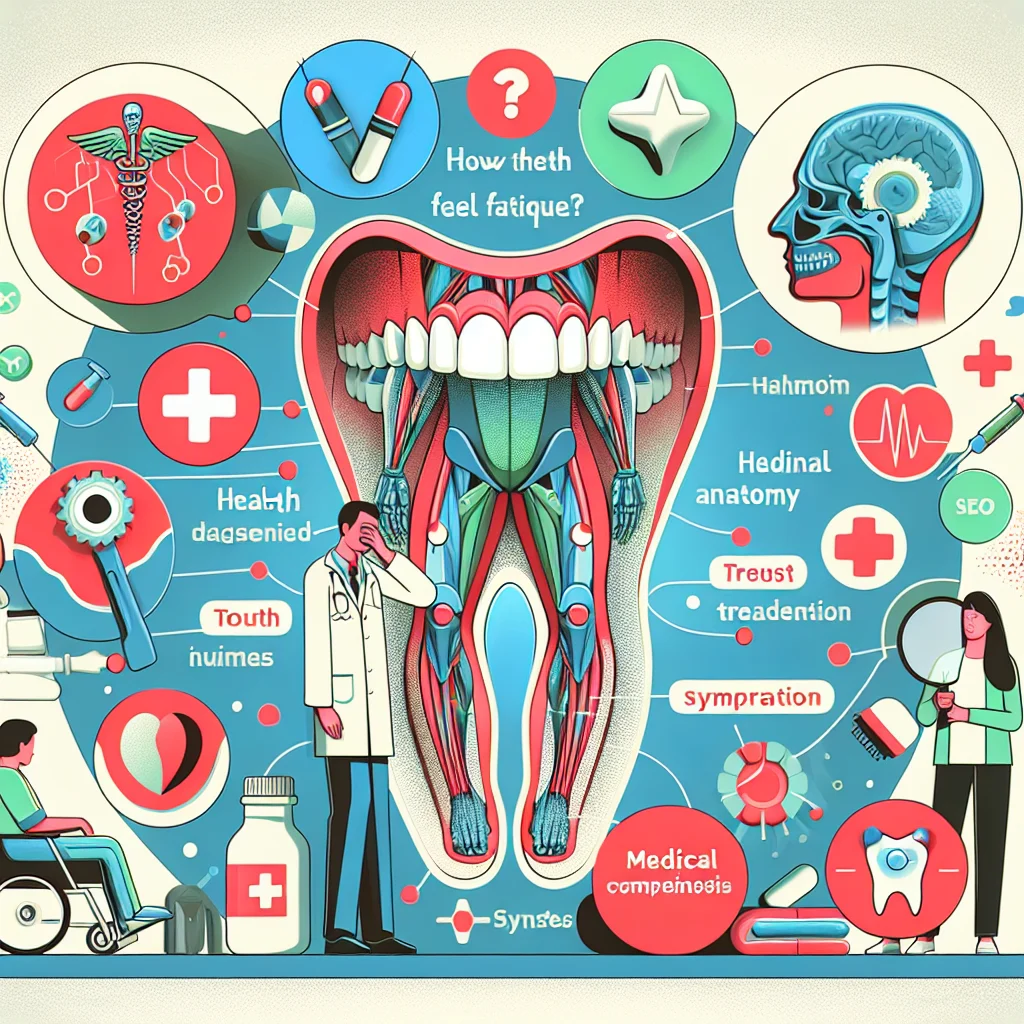
Possible Causes and Medical Insights
Ear fatigue is a sensation that many people experience, but often overlook. This condition can be caused by prolonged exposure to loud noises, such as listening to music through headphones or working in noisy environments. Over time, excessive noise can strain the delicate structures inside the ear, leading to a tired or fatigued feeling. Additionally, ear fatigue might also be associated with underlying medical conditions such as ear infections, allergies, or even temporomandibular joint (TMJ) disorders, which can impact the ear’s function and overall comfort.
Another common medical insight is the role of auditory processing. When your ears are subjected to continuous or complex sounds, your auditory system works overtime to interpret these signals. This can result in mental and physical fatigue, manifesting as discomfort or tiredness in the ears. In some cases, even stress and anxiety can contribute to ear fatigue, highlighting the importance of considering both environmental and psychological factors. Understanding these possible causes is the first step toward finding effective relief and maintaining optimal ear health.
Symptoms and Risk Factors
Individuals experiencing ear fatigue often report a dull ache, a sense of fullness, or mild discomfort in one or both ears. It might also be accompanied by a decreased sensitivity to sound, ringing (tinnitus), or occasional headaches. In some cases, these symptoms are temporary and resolve after a period of rest, but persistent or worsening symptoms could indicate an underlying health issue that requires attention. Recognizing these signs early can help prevent further complications and promote timely treatment.
Certain risk factors increase the likelihood of developing ear fatigue. These include frequent use of earbuds or headphones at high volumes, repeated exposure to loud environments, and a history of ear infections or allergies. People who work in music, construction, or other noisy professions are especially vulnerable. Understanding your risk profile can empower you to take preventive measures and seek medical insight when necessary, ensuring the long-term health and comfort of your ears.
Diagnosis and When to See a Doctor
If you find yourself frequently asking, "Why does my ears feel fatigue?" and your symptoms persist or worsen, it is important to seek professional health advice. A healthcare provider or audiologist can perform a thorough examination, which may include a hearing test and an assessment of your ear health and lifestyle factors. This evaluation helps to rule out serious conditions such as infections, hearing loss, or TMJ disorders, and ensures that you receive the right diagnosis and treatment plan.
Knowing when to consult a doctor is crucial. If ear fatigue is accompanied by severe pain, discharge, significant hearing loss, dizziness, or other unusual symptoms, seek medical attention promptly. Early diagnosis can help prevent complications and provide reassurance. In less urgent cases, a healthcare provider can offer guidance on managing symptoms, making lifestyle adjustments, and protecting your ears from further fatigue or damage.
Prevention and Home Remedies
Protecting your ears from fatigue starts with simple preventive measures. Limit exposure to loud noises by using ear protection in noisy environments and keeping personal audio devices at a moderate volume. Taking regular breaks during extended listening sessions allows your ears to rest and recover. Practicing good ear hygiene, managing allergies, and addressing any underlying health conditions are also important steps in preventing ear fatigue and maintaining overall ear health.
Several home remedies can help relieve mild ear fatigue. Applying a warm compress to the affected area, practicing relaxation techniques to reduce stress, and ensuring proper hydration can all contribute to comfort and recovery. If you experience frequent ear fatigue, consider adjusting your daily habits and consulting with a healthcare professional for personalized advice. By adopting these strategies, you can reduce the risk of ear fatigue and enjoy better hearing and well-being.














